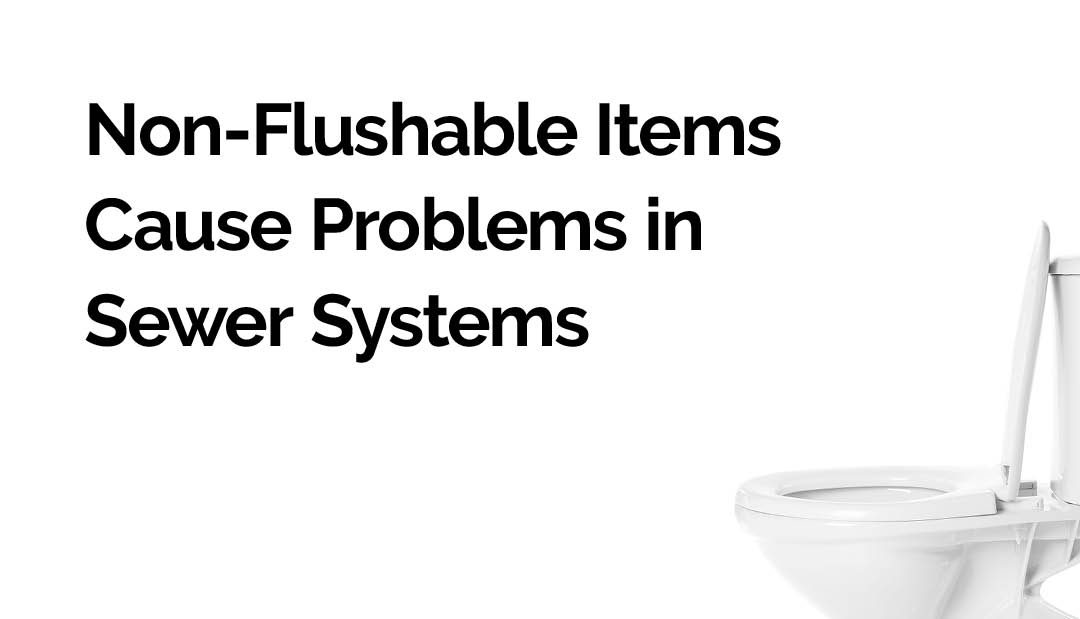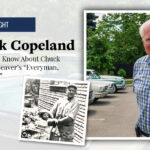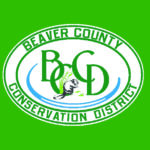The Pennsylvania Department of Environmental Protection (DEP) is encouraging all Pennsylvanians to only flush toilet paper and human waste, not disinfecting wipes or other non-flushable items that should be disposed of in the trash.
Sewage treatment facilities have been dealing with an increase in non-flushable materials that clog filters and equipment since the beginning of the stay-at-home orders in March.
“Flushing things that aren’t meant to be flushed can damage your own sewer pipes as well as the sewer treatment facilities that we all depend on,” said DEP Secretary Patrick McDonnell. “Even so-called ‘flushable’ wipes shouldn’t be put in the toilet.
Tissues, paper towels, and single-use wipes, including cleansing and diaper wipes, cannot be safely flushed, even if they are labeled “flushable” or “biodegradable.”
Other non-flushable items include things like:
• diapers
• feminine hygiene products,
• disposable toilet brushes,
• disposable gloves,
• cotton swabs,
• dental floss, and
• kitty litter
Flushing or dumping the wrong things down the toilet can cause blockages in a home or business as well as problems in the local sewer system. These products do not break down like toilet paper and can clog systems very quickly.
Many sewer blockages occur between the house or business and the sewer main, where the property owner is responsible for correcting and paying for the repair.
Blockages can also lead to sewage overflows that can adversely affect the environment, especially if the overflow enters local rivers, lakes, and streams.
Flushing only toilet paper and human waste helps ensure that the toilets, plumbing, sewer systems, and septic systems continue to work properly to safely manage wastewater in PA.
Additionally, DEP said that residents and businesses should refrain from disposing of food scraps, grease, fat, or oil down the drain. These should also be disposed of in the trash to help keep wastewater pipes clear.
Grease, fat, and oil and can solidify and adhere to the insides of the pipes that carry wastewater form homes and businesses. Over time, these buildups can restrict the flow of wastewater.
Garbage disposals do not prevent grease from washing down the drain. Detergents that claim to dissolve grease may pass it down the line and cause problems in other parts of the wastewater system.
Food scraps, grease, fat, and oil should be removed from cookware, plates, utensils, and cooking surfaces, placed in a sealed container, and disposed of in the trash. Baskets/strainers can also be installed in sink drains to catch food scraps.
Preventable toilet and sewer backups can pose a threat to human health and present an extra challenge to wastewater utilities and staff. Fixing these backups is costly and takes time and resources away from ensuring that wastewater management systems are otherwise working properly.
Having fully operational wastewater services is critical to containing the coronavirus and protecting Pennsylvanians from other public health risks.
Wastewater staff and utilities have been lauded by the DEP for their dedication, courage, and ongoing work at a time when resources may be stretched thin. The state’s wastewater employees are local heroes on the front line of protecting human health and the environment every single day.
For more information on COVID-19, visit www.health.pa.gov/topics/disease/coronavirus/Pages/Coronavirus.aspx. For more information on DEP-related COVID-19 matters, visit www.dep.pa.gov/Pages/AlertDetails.











